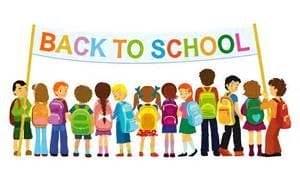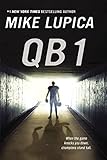Excerpts from CASEL post received on July 18, 2018–just I was planning an Executive Function post on “Student Voices” 
https://casel.org/wp-content/uploads/2018/07/SEL-Trends-Youth-Voice.pdf
”TRENDS CASEL • Empowering Youth Voice 5 Empowering Youth Voice Washoe County: Even Kindergartners Have a Voice This year, Washoe County School District (WCSD) has worked to utilize student voice at the elementary, middle, and high school levels. “We know that the best information we have about supports and obstacles in our system often comes straight from the students.” says Laura Davidson, the district’s director of research and evaluation.
”Student voice looks different at the elementary level, but it’s equally important,” says Michelle Hammond, student voice coordinator. While high school students tend to focus on issues like bullying and school climate, elementary students look at issues close to their classrooms. They’re helping change school rules to reduce behavior problems in the cafeteria. In one elementary school the Student Advisory Council addressed equity concerns by changing the gift policy for teacher appreciation week so that all students had something to give. “A lot of what we see in our student voice work is geared toward high school students, so we are exploring what student voice in elementary schools can look like. We know student voice fosters social and emotional learning, so let’s start early in life to lay positive groundwork,” says Hammond.
A unique feature of Washoe County’s work is the Strength in Voices Symposium, now in its fourth year. Attendance has grown to 400 participants attending the Spring 2018 event. Elementary, middle, and high school students lead all breakout sessions, which focus on a variety of topics like equity, assessments, analyzing results from climate surveys, and the challenges that issues like poverty present to students. In each session, students provide recommendations for change, and adults are present to capture that input.
“One of the best things about this event is that we work to ensure a representative sample of students so we have all voices at the table. We provide schools with a randomly selected list of 15 students from which eight are selected to participate,” says Hammond. “When it comes to leadership opportunities, we often default to students perceived to fit certain criteria, but all kids have a voice and they deserve to express it. If we’re really trying to drive change and improve, we must have students with diverse experiences at the table.” That’s one of the implementation challenges the district is addressing. Getting educators on board isn’t always easy because they have so much on their plates. “We are working with teachers to embed student voice into their existing practices, including SEL, so it is not seen as one more thing,” says Trish Shaffer, the district’s MTSS/SEL coordinator. …”










